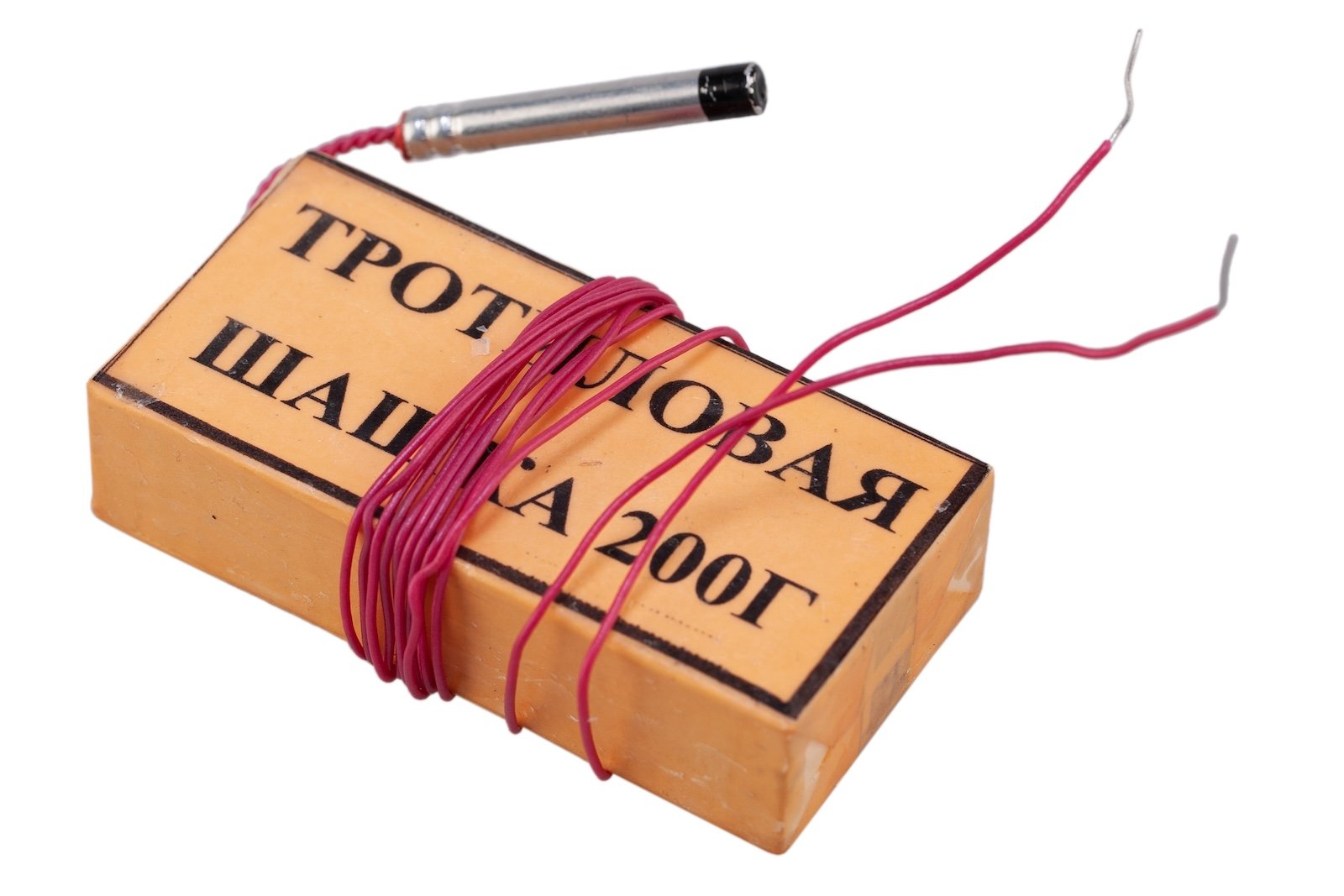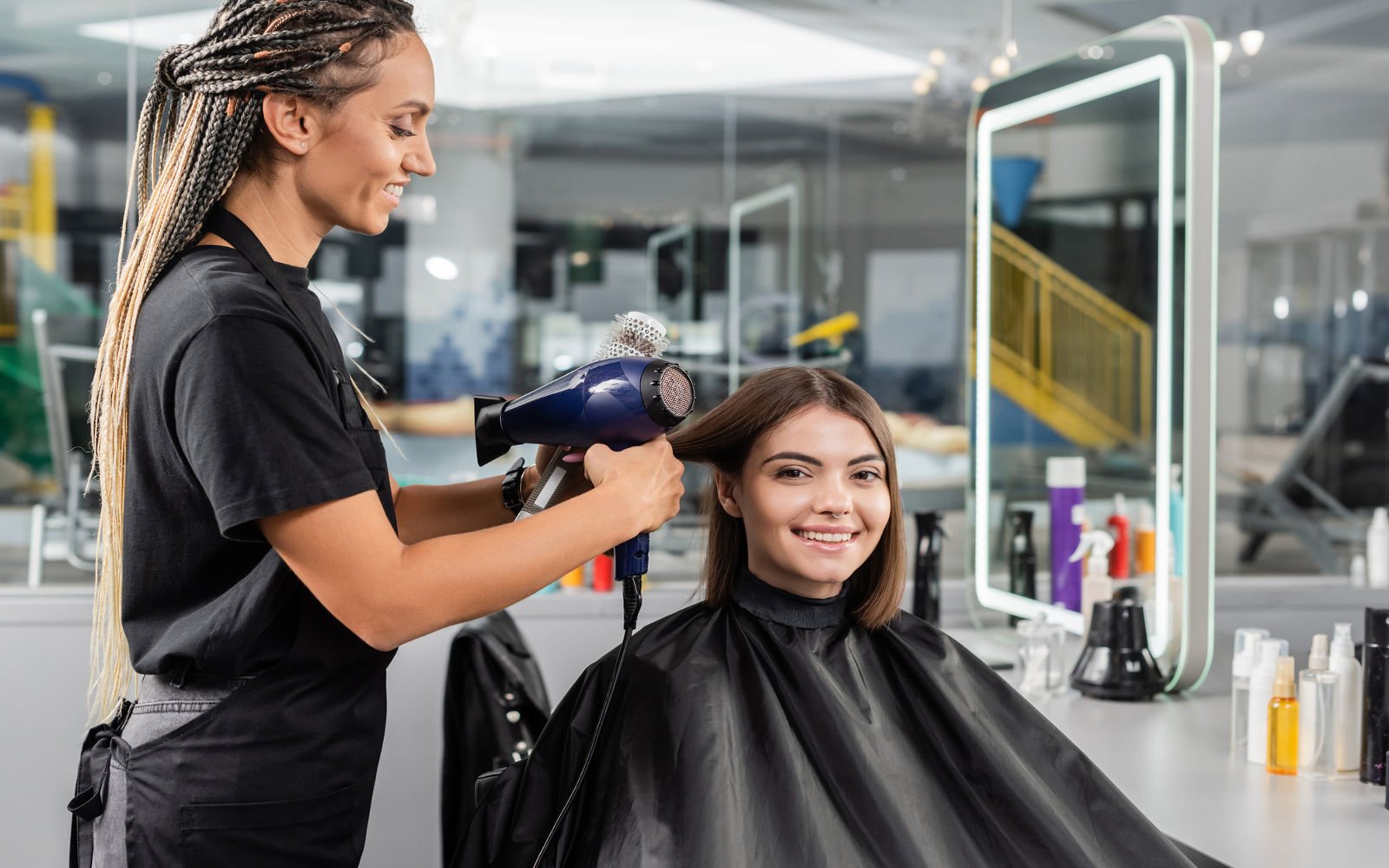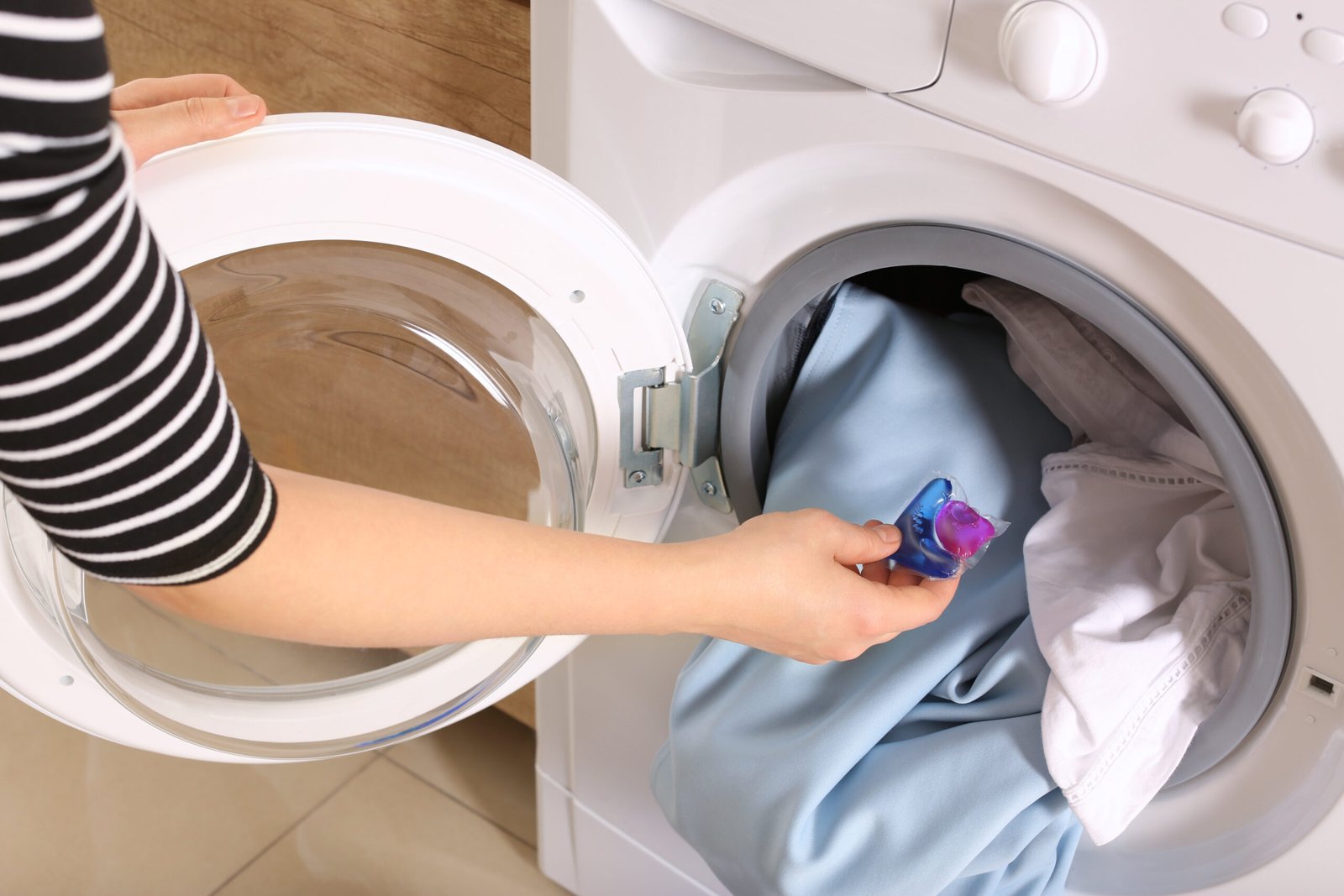Flying can be quite an ordeal, especially when it comes to understanding the Transportation Security Administration’s (TSA) luggage rules. To keep everyone safe, they have a long list of items that you can’t pack in your checked bags. It’s a hassle but it is all about making sure we have a smooth journey and stay out of harm’s way.
Lighters and Matches

In checked luggage, only lighters without fuel or those approved by the Department of Transportation are allowed. Matches are not allowed in checked bags at all. Both of these items are riskier in checked luggage because fires are harder to contain. It is best to carry them in your carry-on bag for safety.
E-cigarettes and Vapes

E-cigarettes and vapes containing lithium batteries are banned from checked luggage due to fire risks. Fires from lithium batteries are easier to manage in the cabin. That is why you can carry them in your carry-on. However, be sure to check with your airlines for any restrictions and adhere to safety guidelines while flying.
Blasting Caps

Blasting caps used for explosives are strictly prohibited as they pose a significant risk to aircraft and passengers. These hazardous materials have no place in either checked or carry-on luggage. By adhering to these regulations, we contribute to the safety and security of air travel for everyone.
Chlorine for Pools and Spas

Chlorine is a common pool cleaner. It is banned due to its corrosive and reactive nature, which could jeopardize aircraft safety. Travelers should purchase such chemicals locally rather than attempting to bring them back via flights.
High-Proof Alcoholic Beverages

Alcoholic beverages over 70% alcohol content are banned due to their extreme flammability. Travelers should choose lower-proof alternatives or buy them after passing through security. Safety is paramount when dealing with high-proof spirits. It ensures a secure and pleasant travel experience for all.
Lithium Batteries

Only batteries with 100-watt hours or less are allowed in carry-on luggage. This is done in order to prevent thermal runaway incidents. Following guidelines for transporting lithium batteries ensures safe travel. Be mindful of battery regulations to ensure a smooth journey, free from potential hazards.
Medical Devices

Certain medical devices, especially those containing radioactive material, require special handling. Passengers should inform the airline, obtain approval, and ensure proper documentation and packaging to ensure safety and functionality upon arrival. Make sure to communicate with the airline and follow the proper procedures for a safe journey.
Bear Spray

Bear sprays are designed to deter bear attracts. However, it is too potent for air travel due to its high concentration of capsaicin. Passengers should seek alternative protection or purchase it at their destination for safety reasons.
Bang Snaps

Bang snaps are small fireworks that pop when thrown. These are not allowed in either checked or carry-on luggage due to their potential to ignite accidentally. It is safer to leave these items at home when traveling by air. You should avoid unnecessary risks and eliminate any risk for all passengers.
Butane

Butane containers, found in torches and lighters, are highly flammable and pose a great risk in the cargo hold. It is best to leave items containing butane at home or purchase them after arrival for safety reasons. The TSA’s restrictions on these items emphasize prioritizing safety during air travel.
Cooking Spray

Although cooking spray seems harmless, they are flammable gasses that can explode under certain conditions. To avoid any risks, it is safer and more convenient to purchase these sprays upon arriving at your destination.
Fire Extinguishers

Fire extinguishers are essentially pressurized containers that contain chemical contents, so they are prohibited on flights. If accidentally discharged during the flight, they can become hazards. Passengers should rely on the aircraft’s safety equipment; these restrictions ensure onboard controlled safety measures.
Cordless Curling Irons

Cordless curling items with butane-powered cartridges are at risk of exploding mid-flight. It makes them unsuitable for air travel. Opting for traditional corded curling irons or exploring alternative styling methods is advisable for safety reasons.
Meat and Produce

While domestic traveling allows packing most foods in checked bags, importing meat, fruits, and vegetables from abroad is restricted. This measure aims to prevent the introduction of pests and diseases. Always check with customs authorities to ensure compliance with regulations.
Flammable Paints

Flammable paints are prohibited in checked baggage due to their risk of combustion and hazardous volatile organic compounds. It is safer to purchase paints at your destination or arrange separate shipping to mitigate potential safety hazards.
Liquid Bleach

Liquid bleach is corrosive and potentially damaging if leaked. Due to this, it is prohibited in checked luggage. You can consider alternatives or purchase bleach after you land to prevent accidents and ensure safety during travel.
Fertilizers

Fertilizers, while beneficial for gardens, can be explosive under certain conditions. This makes them unsafe for air travel. Leaving such items at home is recommended to avoid potential risks. Safety considerations guide this restriction to ensure the well-being of all passengers. You can consider alternative fertilization methods or buy them locally at your destination.
Gas Torches

Gas torches contain butane or propane. This poses significant fire risks due to which they are considered unsuitable for air travel. Purchasing such tools at your destination rather than packing them is a safer option. This rule aims to mitigate potential fire hazards and ensure passenger safety.
Hazmats

Bringing hazardous materials onto an aircraft is strictly prohibited. It includes radioactive materials, poisonous substances, as well as flammable liquids. These restrictions are in place to ensure the safety and well-being of all passengers and crew members. It is essential to adhere to these regulations to maintain secure air travel. Failure to comply with these rules can result in serious consequences and pose huge risks to everyone on board.
Firearms

The transportation of firearms in checked luggage requires adherence to airline policies and declaration procedures. Following these guides is essential to ensure compliance and safety for all passengers and crew members during air travel. It is also crucial to familiarize yourself with the firearm laws of your destination to avoid any legal complications.


